We are living in a free and open world where information is considered the real power. UNDP says that democracy is one of the preconditions for development, and the success of a democracy lies in the transparency of governance. In almost all the democracies the core issue is the accessibility of information to common citizens and a State’s earnest to provide the same through constitutional and legislative measures. After a long wait, Indian people have been gifted the Freedom of Information this year only which is expected to go a long way to make information accessible to them. Some state governments have also enacted Right to Information Acts during the part few years. Besides these legislative measures, our Constitution guarantees Freedom of Speech and Expression [Article 19 (1)(a)] to the citizens which also includes Freedom of Press. This book has tried to analyse the relationship between Right to Freedom of Information and Freedom of Press. The issue is whether legislations on Right to Information have given any strength to Freedom of Press. The book has also dealt with all related issues like response of the people and the public authorities to the right to Information and problems coming in the enforcement of the Acts as also the effectiveness of the Acts and their impact on the society. The issues pertaining to status of the Freedom of Information Act and its strength in cast of a clash with the Official Secrets Act or other laws have been discussed and analysed to the understanding of readers.
Right to Information and Freedom of Press
$17.10
$18.00
In stock
Free & Quick Delivery Worldwide
All orders amounting to US$ 50 or more qualify for Free Delivery Worldwide. For orders less than US$ 50, we offer Standard Delivery at $14 per book.
ABOUT THE AUTHOR Ambrish Saxena
Dr. Ambrish Saxena is Director of the School of Journalism and Mass Communication, Vivekananda Institute of Professional Studies, Guru Gobind Singh Indraprastha University, Delhi. He has done his M.A. (Pol. Sc.) and LL.B. from Allahabad University and BJ and MJ from Mahatma Gandhi Kashi Vidyapith, Varanasi. He joined journalism as a full-timer in 1979 and served The Pioneer, Newslead, Our Leader, Amrit Prabhat, Aaj and JVG Times in various capacities. In electronic media, he worked as a correspondent for the first TV Hindi magazine Parkash produced by Vinod Dua. He has a long association with Radio Broadcasting and still appears as an anchor in Market Mantra, one of the most reputed programmes of AIR-FM Gold. He has also been involved in the making of documentaries and feature films produced by Films Division, NFDC and foreign production houses. In traditional media, he has made immense contribution to theatre and has been acknowledged for his work by Sangeet Natak Akademi, Human Resource Development Ministry and UP Cultural Affairs Department. Dr. Saxena took up media teaching out of his interest in academics more than a decade ago but gradually he turned to full-time teaching. He has been teaching at the Indian Institute of Mass Communication, Kamala Nehru College, Kalindi College and IP College for Women of Delhi University, and MBICEM (GGS IPUniversity). During his stay at IIMC, he has done the report writing of two research projects. He has done his Ph. D. from Intercultural Open University, Netherlands. As an academician, his interest lies in Press Laws, Development Communications, History of Journalism and Radio Broadcasting.
reviews
0 in total
Review by Anonymous
Be the first to review “Right to Information and Freedom of Press” Cancel reply
You must be logged in to post a review.
Bibliographic information
Title
Right to Information and Freedom of Press
Author
Edition
1st ed.
Publisher
ISBN
8173916187
Length
xii+196p., Appendices; Bibliography; Index; 23cm.
Subjects

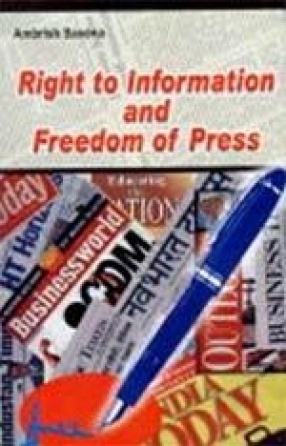
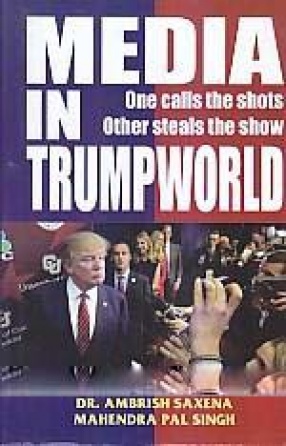
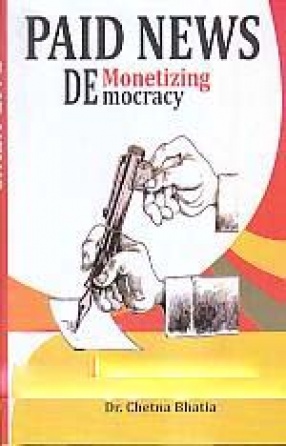
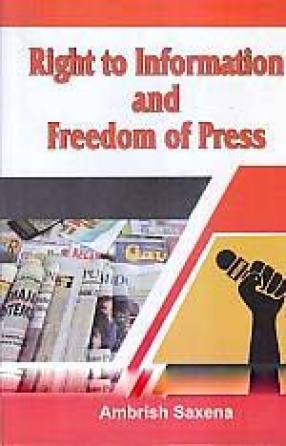
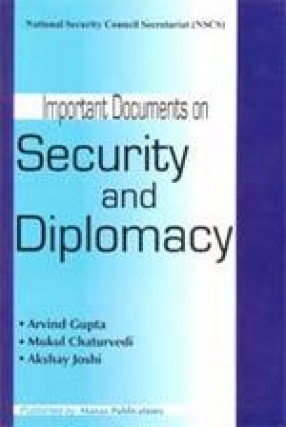

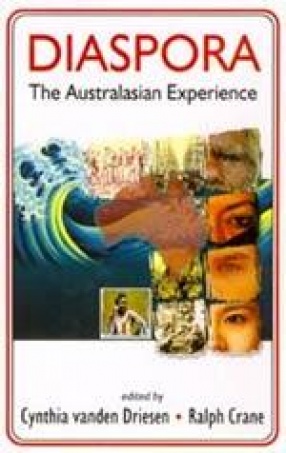
There are no reviews yet.